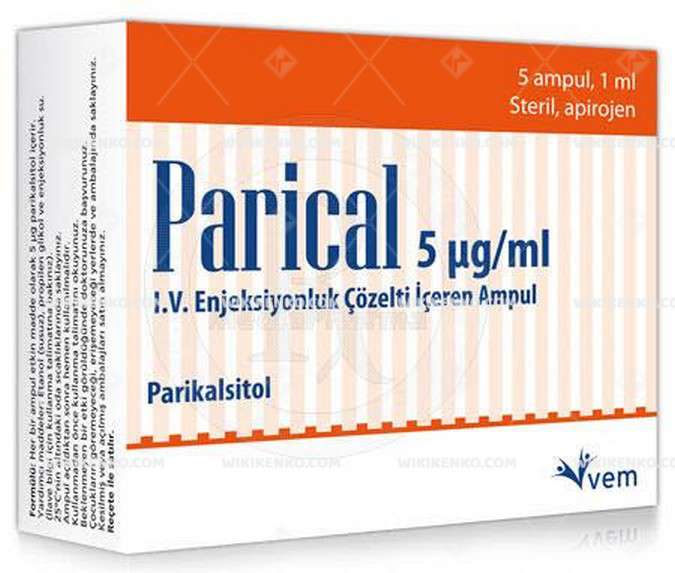Description
Vancomycin HCL DBL is a lyophilized powder used for IV infusions. Each vial contains either 500 mg or 1 gram of vancomycin base when reconstituted with Sterile Water for Injection to a concentration of 50 mg/mL. It’s worth noting that this product is sensitive to oxygen.
Clinical Application
Vancomycin HCL DBL plays a vital role in treating severe bacterial infections, particularly those caused by methicillin-resistant Staphylococcus aureus (MRSA), a bacterium resistant to most antibiotics. This medication is effective in treating infections of the heart lining, lungs, and blood. It is also used to prevent heart lining infections during dental and surgical procedures.
Usage
Vancomycin HCL DBL should be administered intravenously in diluted form. After reconstitution, further dilution is necessary before use. It’s crucial to emphasize that this medication should never be administered intramuscularly.
Precautions and Contraindications
Patients should avoid Vancomycin HCL DBL if they have a history of severe allergic reactions to it or if they are pregnant or breastfeeding. Caution is advised for individuals with kidney-related conditions, the elderly, those with hearing difficulties, individuals receiving general anesthesia, or those taking specific medications that can interact with Vancomycin.
Side Effects
As with all medications, Vancomycin HCL DBL may cause side effects. Some common side effects include bladder pain, swelling of the face, arms, hands, lower legs, or feet, and changes in urine frequency or color. Less common side effects include drowsiness and difficulty breathing. In rare cases, patients may experience hives, skin rash, or other skin discoloration. Various other side effects are also possible.
Dosage
The dosage of Vancomycin HCL DBL depends on the patient’s medical condition, response to treatment, and, in the case of children, their weight. For adults, typical dosages range from 500 mg IV every 6 hours to 1 g IV every 12 hours, with the specific dose influenced by factors such as obesity and age. In children, the usual dose is 40 mg/kg of body weight, divided into 3 or 4 doses, for 7 to 10 days.
Time to Effect
Vancomycin HCL DBL starts working as soon as it’s administered but may take some time before noticeable improvements. The duration of treatment varies based on the medical condition, weight, and response to treatment. Completing the full course of treatment is essential, even if symptoms improve before the medication is finished.
Interaction with Other Medications
Vancomycin HCL DBL can interact with numerous medications. It’s crucial to consult a healthcare provider when considering the use of this medication alongside other drugs. There are 157 known drug interactions, with 33 classified as major and 124 as moderate. Additionally, there are 5 disease interactions that should be considered.
Alternative Treatments
For patients unable to use Vancomycin HCL DBL or requiring alternatives, several options are available. These include Linezolid, Tigecycline, Daptomycin, Glycopeptides, Ceftobiprole, Ceftaroline, and Iclaprim. However, the choice of alternative treatment should always be made under the guidance of a healthcare provider.
Conclusion
In conclusion, Vancomycin HCL DBL is a potent medication used to combat severe bacterial infections, including MRSA. It offers a lifeline in cases where other antibiotics prove ineffective. As with any medication, patients should be aware of potential side effects, interactions, and alternatives. Always consult with a healthcare provider for individualized guidance and treatment options.
Vancomycin HCL DBL At a glance
| Aspect | Details |
|---|---|
| Medication Name | Vancomycin HCL DBL |
| Form | Lyophilized Powder for IV Infusions |
| Dosage | 500 mg or 1 gram |
| Reconstitution | Sterile Water for Injection |
| Concentration after Reconstitution | 50 mg/mL |
| pH Range after Reconstitution | 2.5 – 4.5 |
| Administration Route | Intravenous (IV) |
| Common Uses | Treating severe bacterial infections, MRSA, heart, lung, and blood infections, protection during dental and surgical procedures |
| Precautions and Contraindications | Allergic reactions, pregnancy, breastfeeding, kidney conditions, elderly, hearing difficulties, anesthesia, specific medications |
| Common Side Effects | Bladder pain, swelling, cloudy urine, irregular heartbeat, mood changes |
| Storage Recommendations | Cool, dry place, away from direct sunlight, out of children’s reach |












Reviews
There are no reviews yet.